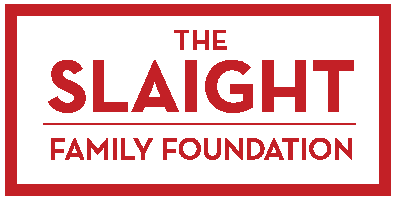
The COVID-19 pandemic’s wide-ranging impacts on various social determinants of mental health, for 2SLGBTQI people, including access to mental healthcare, social support, employment, income, food security, and housing.
Project Background
Queering Mental Health Supports in Canada is a national multi-year project that seeks to identify critical mental health care and support gaps and ensure that 2SLGBTQI individuals’ unique needs for mental health and well-being are addressed. The Queering Mental Health Supports in Canada project will achieve this through; (1) the provision of basic training to industry professionals, (2) foundational research (including a national survey, regional focus groups with both 2SLGBTQI individuals and mental health service providers, and a community consultation event), (3) the development of evidence-based and context-specific training and resources (4), (5) partnership building, and (6) project evaluation.
Research Report
Egale’s Queering Mental Health Supports in Canada research report shows that there are persistent gaps in service delivery and quality of care for 2SLGBTQI people, and how imperative it is that mental health services and related social services address social determinants of mental health.
Research participants’ experiences illustrate the pandemic’s wide-ranging impacts on various social determinants of mental health, including access to mental healthcare and medical care, social support, employment, income, food security, and housing. In each of these areas, 2SLGBTQI people experience distinct challenges as a result of both structural- and interpersonal-level homophobia, transphobia, and cisheterosexism. These challenges are particularly pronounced for intersectionally marginalized folks, including 2SLGBTQI people who are racialized, living with a disability, or who are experiencing poverty and economic hardships.
Participants not only shared their experiences, they also shared recommendations for service providers and policy-makers on how to improve 2SLGBTQI mental healthcare to better meet their diverse needs. The recommendations are laid out within five themes: structural changes, accessibility, representation, intersectionality, and accountability.
Implementing the recommendations laid out in the report will not only ensure that 2SLGBTQI people receive the affirming and inclusive mental healthcare and related services they need but will also support 2SLGBTQI and allied service providers in their work of addressing the mental health concerns that have been amplified in the wake of the COVID-19 pandemic.
Research Summaries
Key Takeaways and Recommendations
Key takeaways and recommendations from Queering Mental Health Supports in Canada
Pandemic’s Impact on Housing, Income, Food Security, and Mental Health
The pandemic’s impacts on housing, income, food security, and mental health among 2SLGBTQI people
Peer Support as an Adaptive Response
Peer support as an adaptive response to addressing 2SLGBTQI mental health in the context of the COVID-19 pandemic
Acknowledgements
We are grateful to all participants who so generously shared their time, experiences, and insights. Thank you to the community advisory committee for your dedication to this project, and for your valuable insights and feedback.

This research was funded by the Slaight Family Foundation
For further questions on this project, please email research@egale.ca.